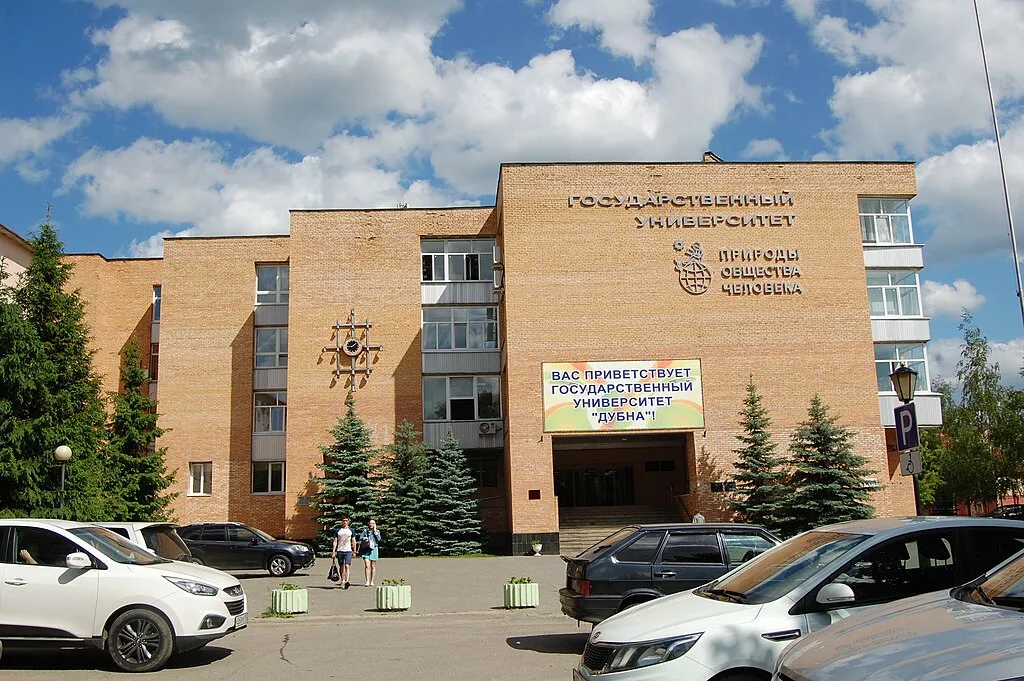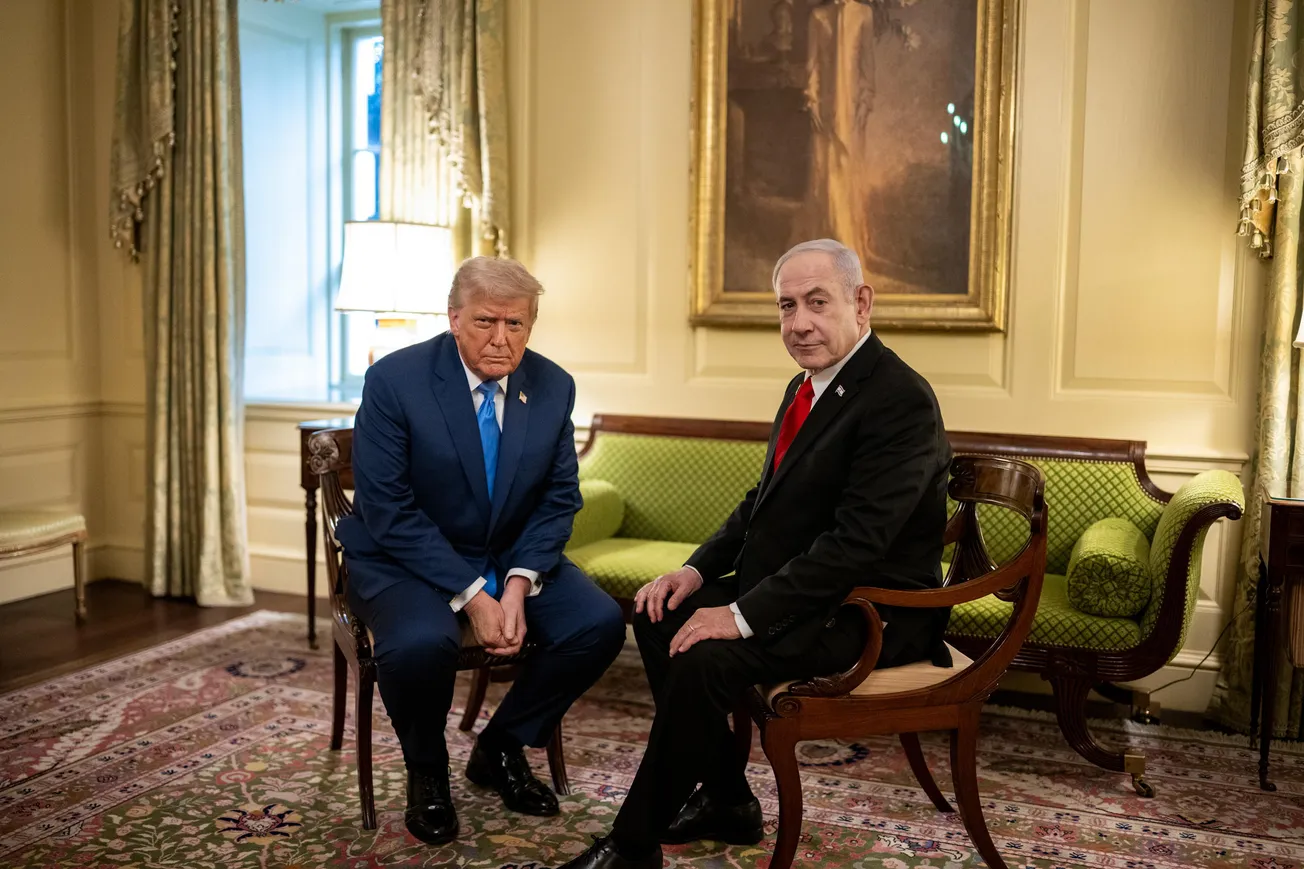China’s Ministry of Science and Technology and the Russia-based Joint Institute for Nuclear Research signed a major agreement for nuclear science ties on August 20, during Premier Li Qiang’s visit to Moscow at the invitation of Prime Minister Mikhail Mishustin. The aim of the new agreement is to develop cooperation between China and the Joint Institute for Nuclear Research (JINR), based at Dubna University in Moscow, in fundamental research, facilitating personnel exchange, and expanding research opportunities.
The agreement provides for JINR and the Ministry of Science of China to jointly finance collaborative fundamental research projects at large scientific facilities. The parties identified eight joint projects in neutrino physics, theoretical and nuclear physics, research and development of microcircuits and detector technologies, the synthesis of new elements, and the study of the chemical properties of super-heavy elements.
The document was signed by Chinese Minister of Science and Technology Yin Hejun, with Prime Minister Mishustin and Premier Li Qiang attending. This document shows that our joint work is reaching a qualitatively new level, said JINR Vice Director Vladimir Kekelidze. “We will certainly be glad to take the next step, fully reuniting P.R.C. with the international scientific family of JINR.”
In 2020, JINR and China’s Ministry of Science and Technology signed an agreement on China’s participation in the construction and operation of the Nuclotron-based
Ion Collider Facility (NICA) at Dubna, Russia. Under the agreement, the parties worked on constructing detectors for the NICA Project, developed accelerator physics and technology, and created superconducting accelerator elements. In addition to these works, a 3 mega-joule superconducting energy-storage device was engineered for the needs of the electric power industry.




